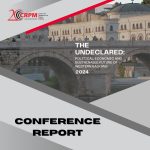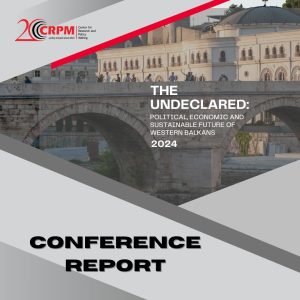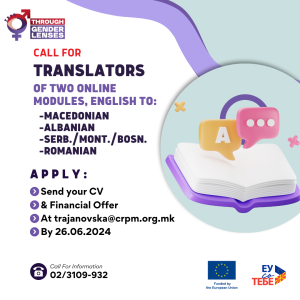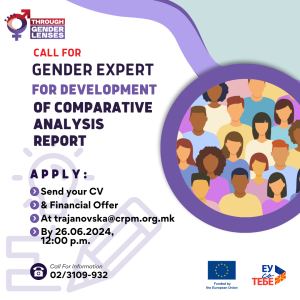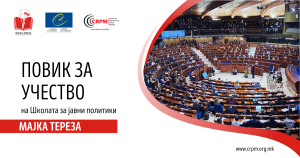The session was held 24-26.6, 2022 in Ohrid.
Basing our lectures and discussions on the Reference Framework of Competences for Democratic Culture (RFCDC) we worked on equipping participants with the values, attitudes, skills, knowledge and critical understanding that will enable them to make responsible decisions about their future. This involves ensuring that students should know and understand the challenges they are faced with and the consequences of their decisions, what they are able to do and what they should refrain from doing. In order to do all this, they need not only to have knowledge, but also the relevant competences – and the aim of the Framework is to define what those competences are.
List of Topics covered during the session
1. Introduction to the training and of the participants, understanding the expectations of the participants, establishing the rules of the game, the working hours and the etiquette in the classroom.
2. Introduction to Reference Framework of Competences for Democratic Culture
3. Introduction to democratic culture
4. Democratic values and attitudes as well as practices of citizens
5. Importance of human rights, democracy and the rule of law
6. Knowledge and critical understanding in the areas of politics, law, human rights
7. Knowledge and critical understanding in the areas of culture, cultures, religions, history
8. Knowledge and critical understanding in the areas of media, economies, the environment and sustainability.
9. Defining ‘culture’
10. Cultural participation and cultural practices as context-dependent and variable
11. Multicultural societies
12. Multiculturalism
13. Liberal multiculturalism and interculturalism
14. Intercultural situations and intercultural dialogue
15. Developing intercultural competence
16. Radicalisation, violent extremism and terrorism.
17. Recognising disinformation, fake news and hate speech in broadcast, print and online news media
18. Recognising and dealing with extremist and terrorist propaganda
19. Preconditions for radicalization and enabling conditions that can help to facilitate the transition into violent extremism and terrorism
20. How resilience to radicalisation can be built (points from the RFCDC)










